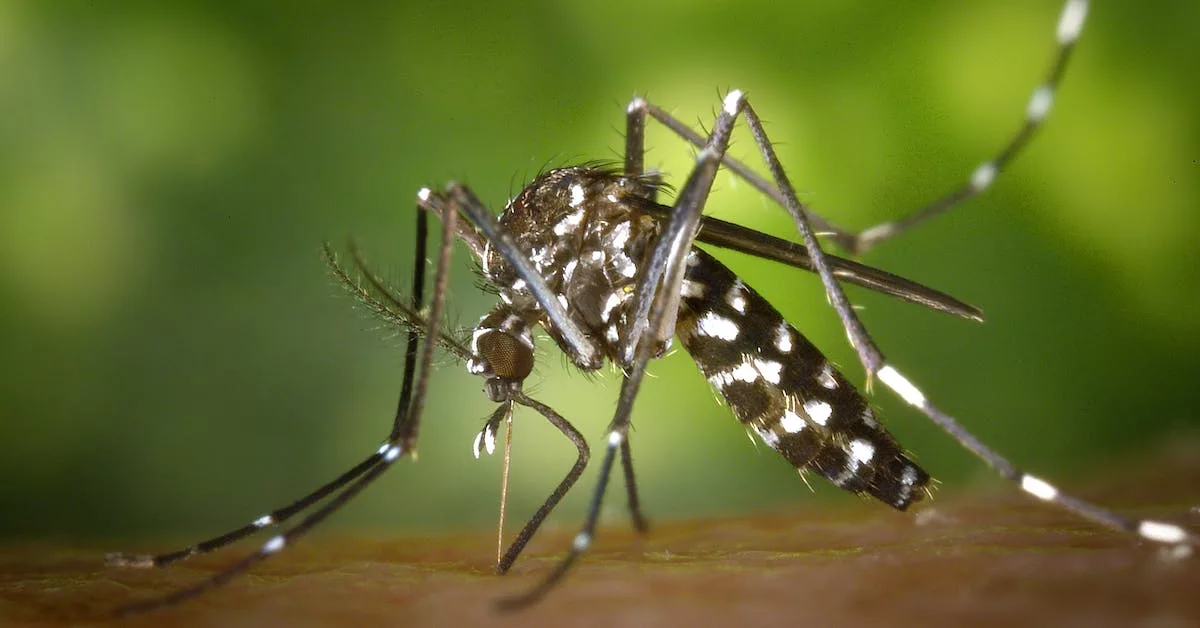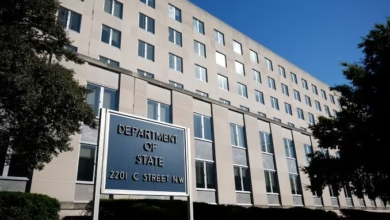
The Nigeria Centre for Disease Control and Prevention (NCDC) confirmed a dengue fever outbreak in Sokoto State, with 13 cases identified as of December 18, 2023.
The Director General, Nigeria Centre for Disease Control and Prevention, Dr Ifedayo Adetifa, stated that the virus is currently confined to three local government areas (LGAs) – Sokoto South, Wamako, and Dange Shuni – with majority of cases, affecting adults aged 21-40.
Following a rapid risk assessment by the NCDC and partners, the current risk of the dengue outbreak is considered MODERATE, primarily due to: Limited geographical spread, Absence of severe cases or fatalities, Sokoto’s existing response capacity and no infections or deaths among healthcare workers.
Dr. Ifedayo, noted that a potential challenge lies in the low awareness and suspicion of dengue among healthcare workers.
Government Response To Dengue Outbreak
According to Dr. Ifedayo, Nigeria’s past experience tackling viral haemorrhagic fevers like Ebola and Lassa has built strong preparedness for dengue outbreaks. Existing capacity, including trained teams and control measures, is sufficient for a moderate outbreak, while diagnostic labs in Abuja and Sokoto are readily available.
To enhance readiness for a wider outbreak, the NCDC plans to optimize existing Lassa fever testing labs for dengue testing within its network.
The NCDC has also taken further steps:
– Activation of the Incident Coordination Centre in alert mode.
– Development of an emergency action plan for dengue.
– Review of case definitions for DENV and national emergency notifications to subnational Public Health Emergency Operations Centres (PHEOCs).
– Deployment of rapid response teams on standby in the event of a nationwide outbreak.
At the State Level, authorities have implemented several measures to control the spread of dengue:
– Public health advisories issued to residents and media.
– Sensitization campaigns for healthcare workers and LGA surveillance officers.
– Media engagement to raise public awareness.
– Collaboration with environmental and malaria control agencies for mosquito control and sanitation efforts.
About Dengue Fever:
Dengue fever is a mosquito-borne viral infection causing mild to severe symptoms. While most people recover within 1-2 weeks, severe cases can be fatal. Early detection and supportive treatment are crucial for reducing mortality.
Symptoms of Dengue Fever
Most people with dengue have mild or no symptoms and will get better in 1–2 weeks. Rarely, dengue can be severe and lead to death. If symptoms occur, they usually begin 4–10 days after infection and last for 2–7 days.
Symptoms may include high fever (40°C/104°F), severe headache, pain behind the eyes, muscle and joint pains, nausea, vomiting, swollen glands, and rash. Individuals who are infected for the second time are at greater risk of severe dengue.
What You Can Do To Prevent Dengue
There is no specific treatment for dengue, however, early detection and prompt initiation of supportive treatment have been shown to significantly reduce death. Nigerians are urged to take the following preventive measures:
– Wear protective clothing and use insect repellent to avoid mosquito bites.
– Sleep under mosquito nets treated with insecticide.
– Maintain proper sanitation to reduce mosquito breeding grounds.
– Seek immediate medical attention at designated healthcare facilities if experiencing dengue symptoms like high fever, headache, muscle pain, and rash.





